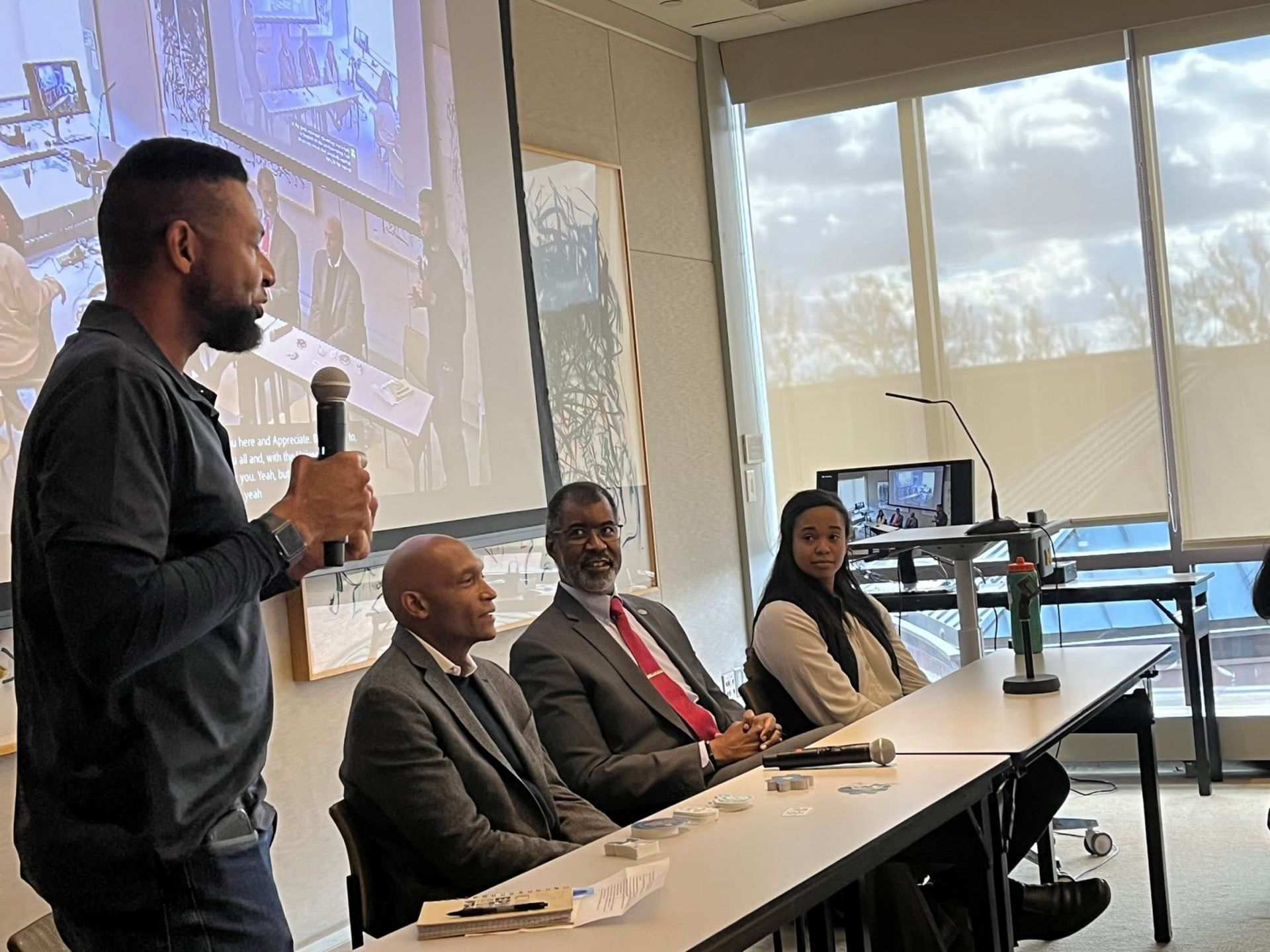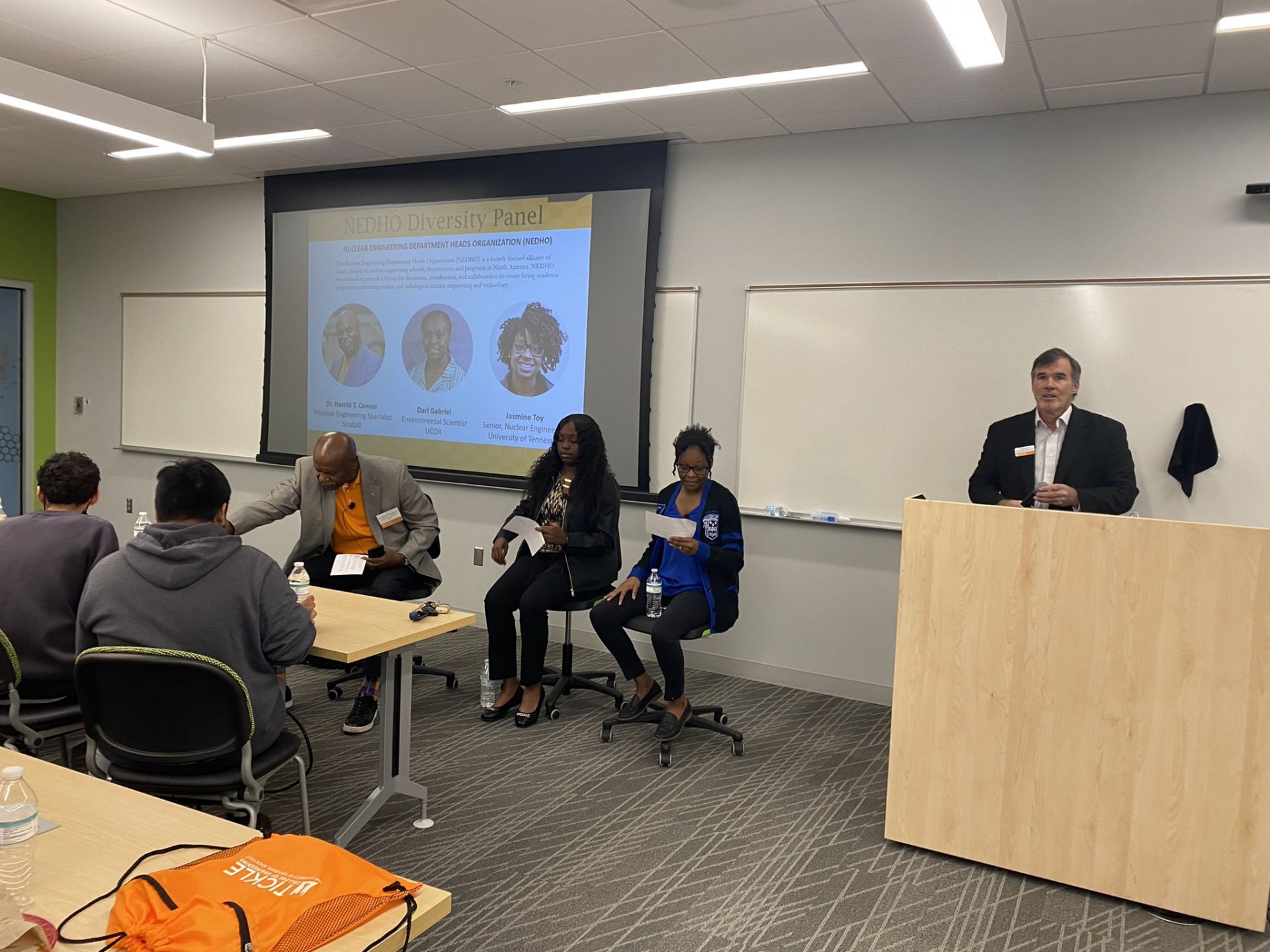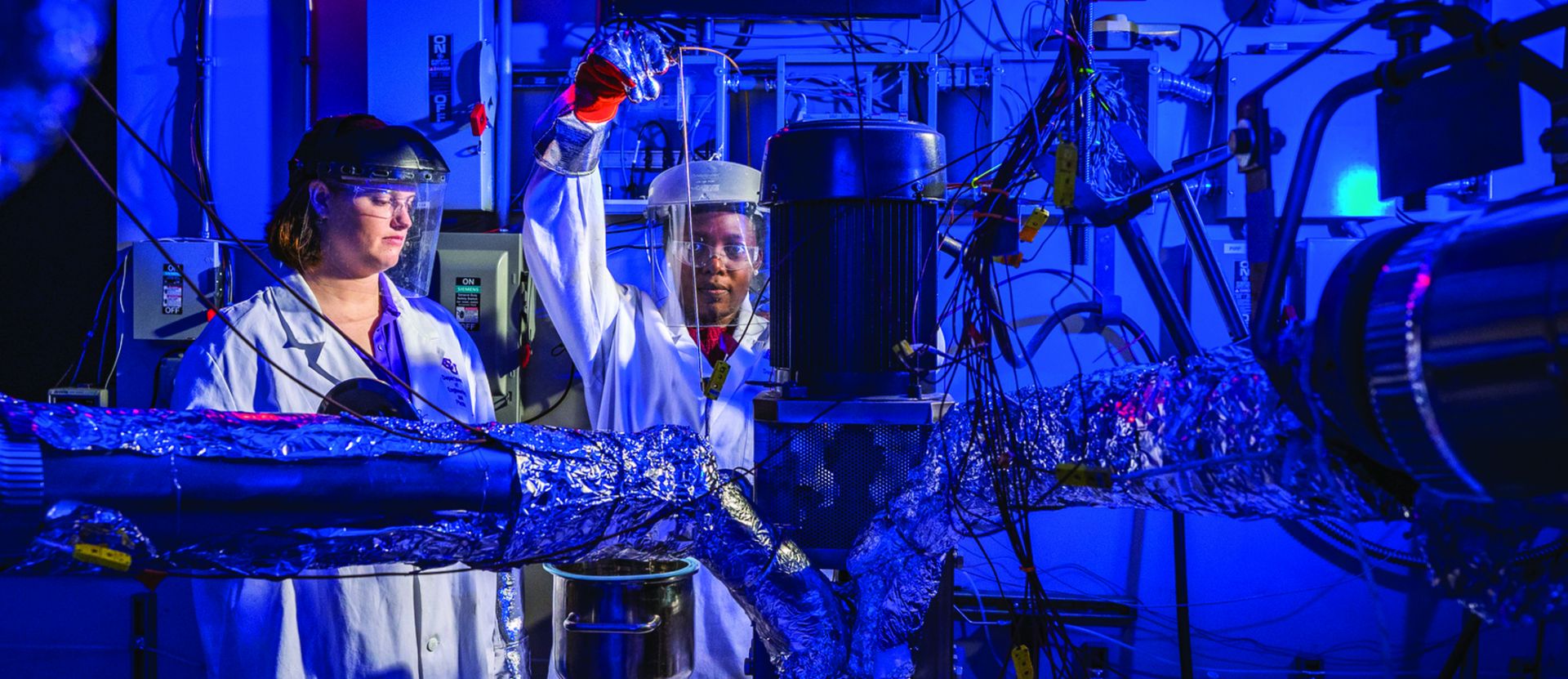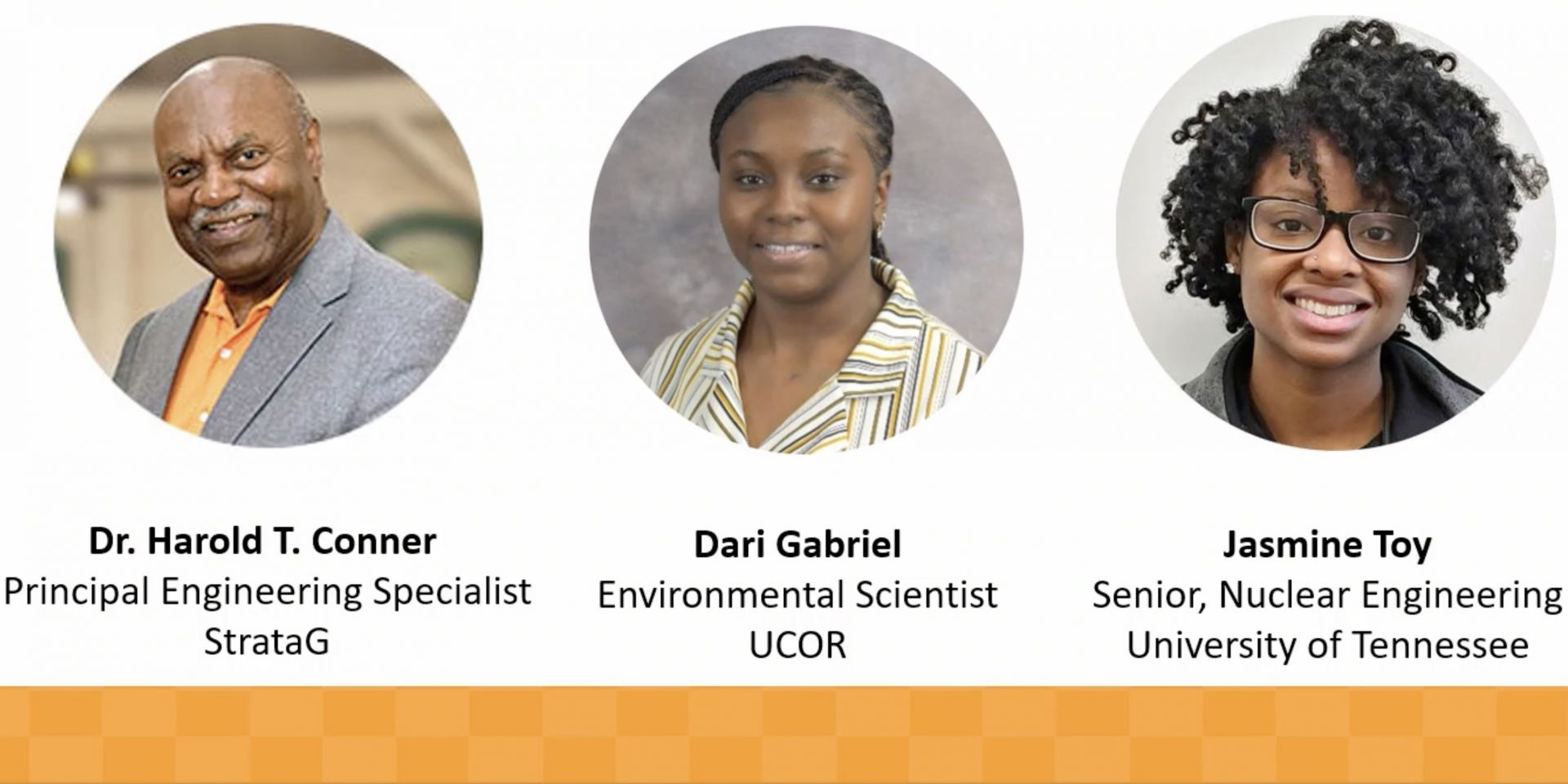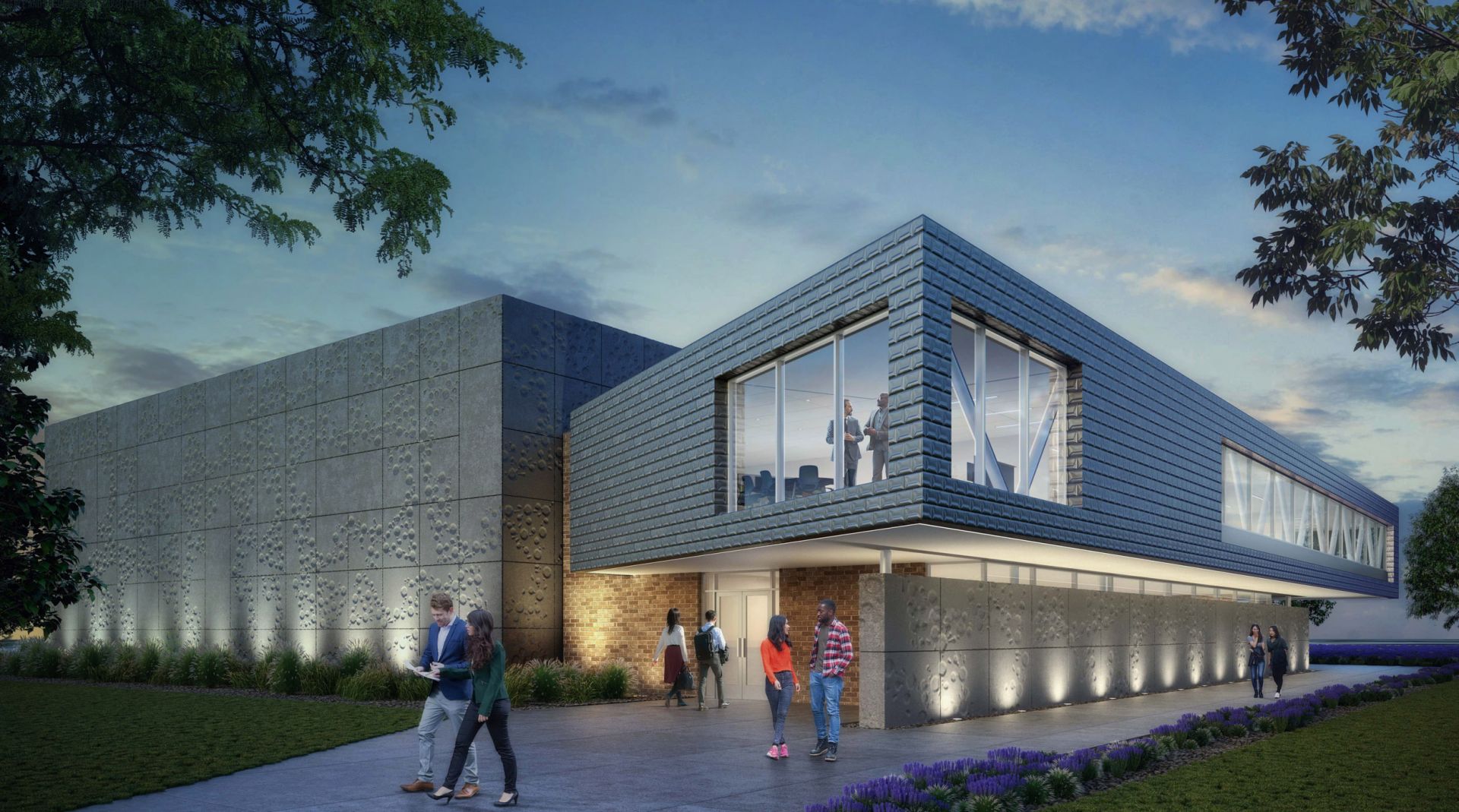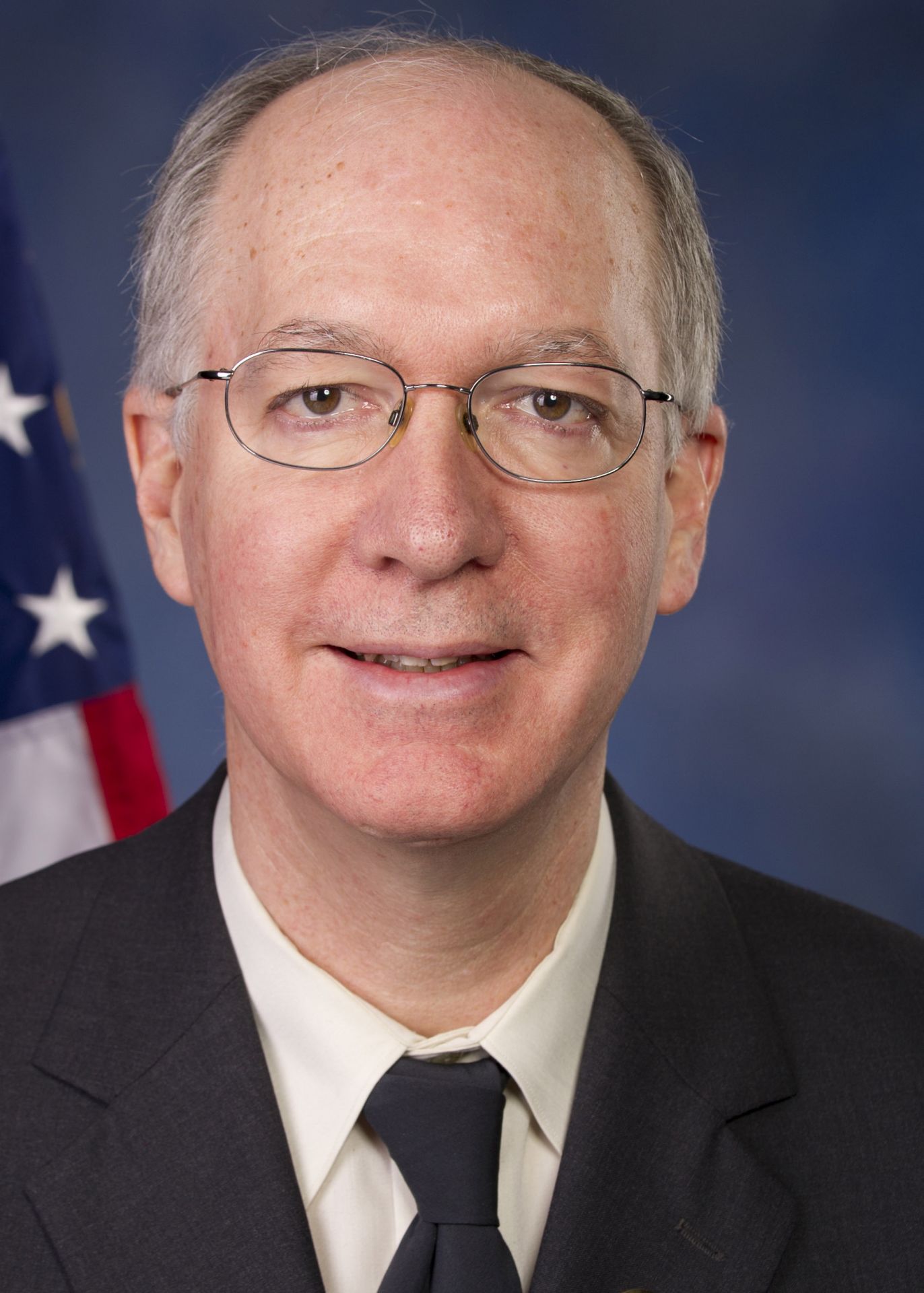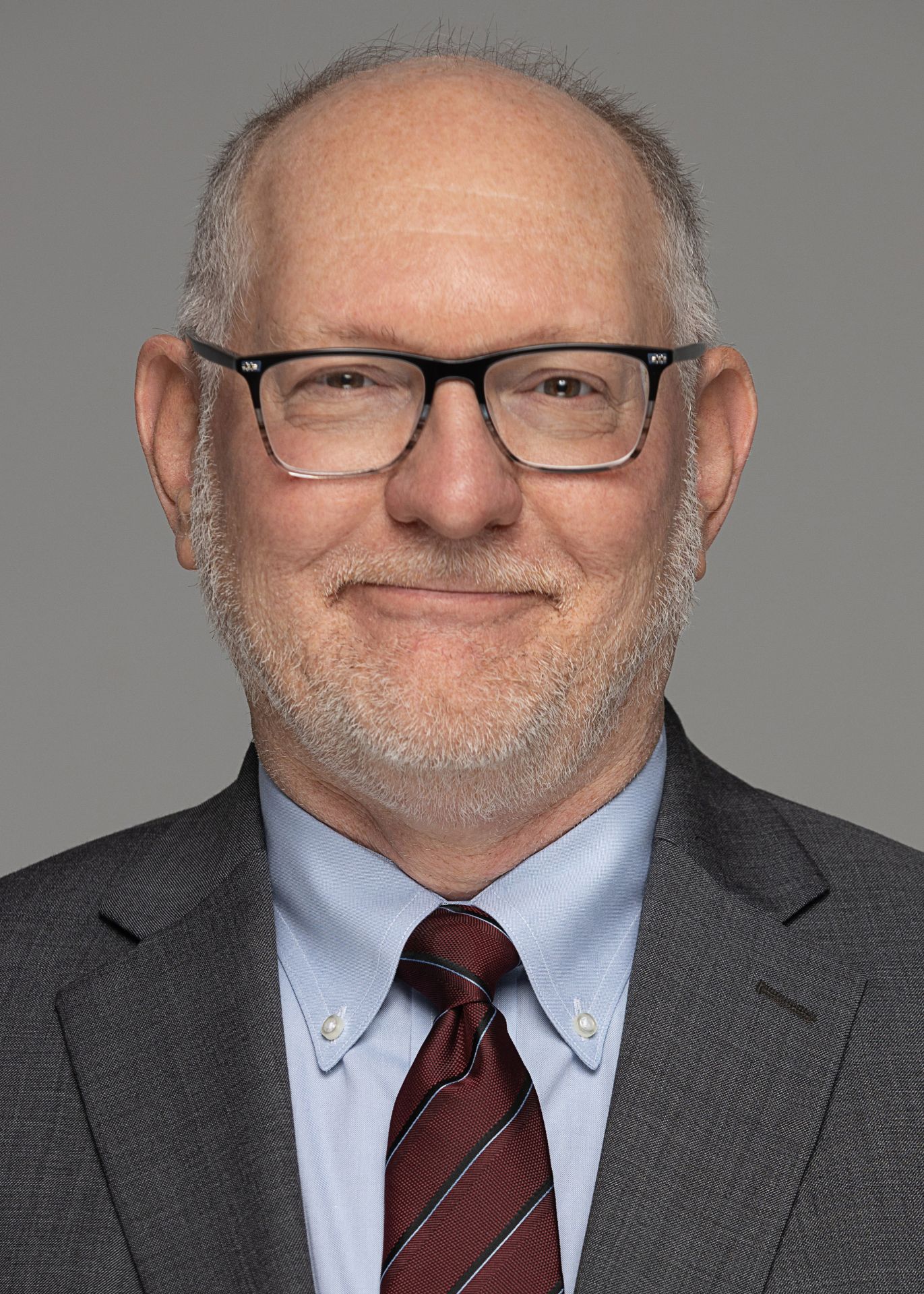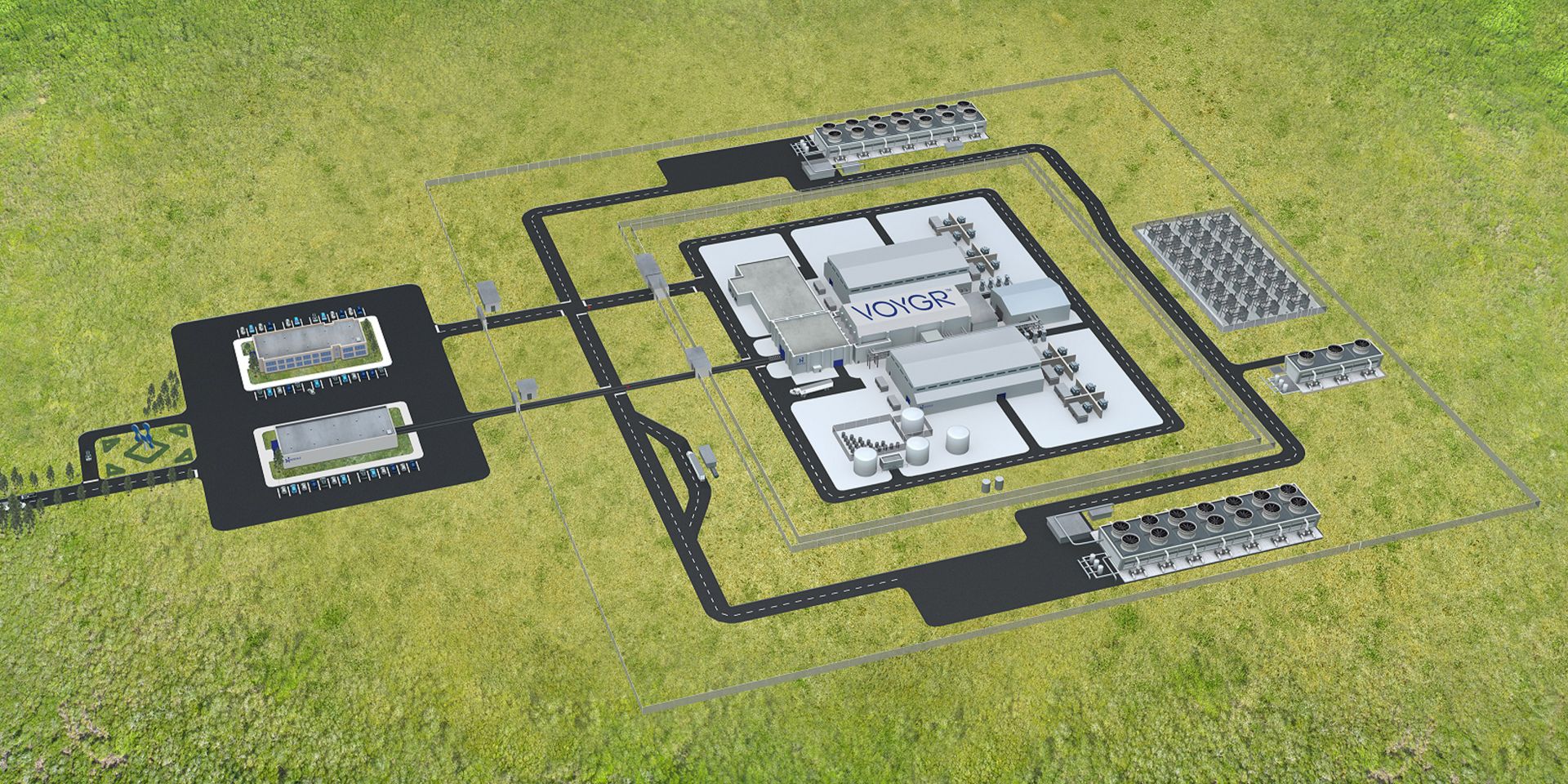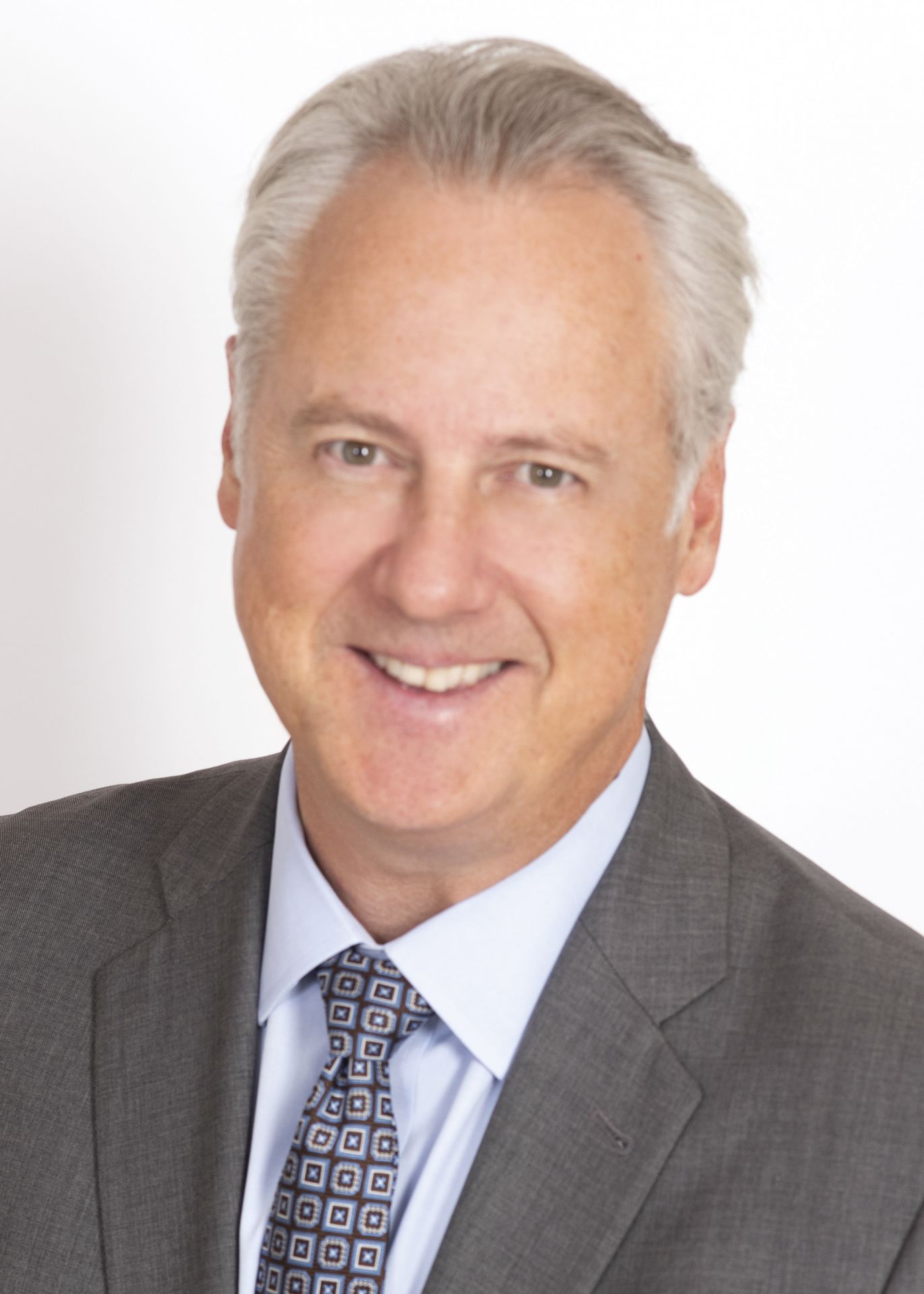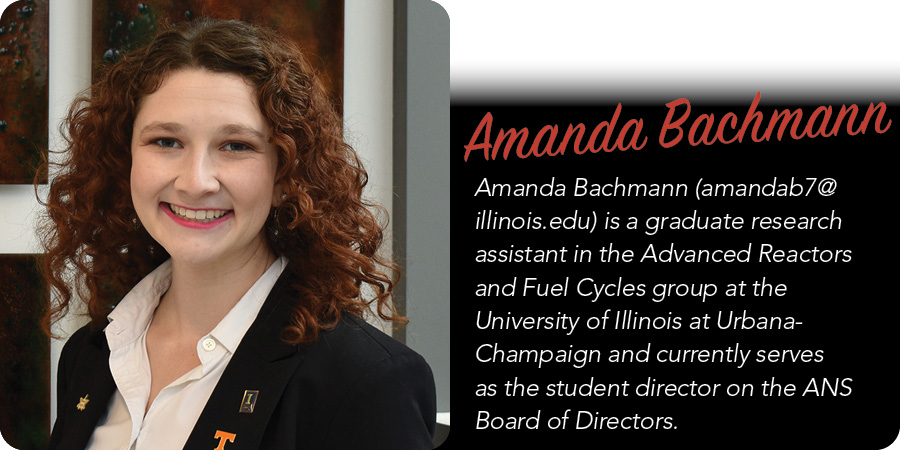Wes Hines (right), of the University of Tennessee’s Department of Nuclear Engineering, introduces the speakers for a session on nuclear engineering opportunities. (Photos: University of Tennessee)
The University of Tennessee–Knoxville Department of Nuclear Engineering hosted the inaugural Nuclear Engineering Department Heads Organization (NEDHO) Diversity Panel on October 27. Wes Hines, head of the university’s Department of Nuclear Engineering, was the moderator for the event. Invited to the speak were engineering professional Harold T. Conner, environmental scientist Dari Gabriel, and engineering student Jasmine Toy. These three panelists discussed overcoming challenges in their engineering education and/or careers to find success. A common theme that emerged from the conversation was that—in addition to their own determination to succeed—all three panelists benefited from caring adult guidance during their youth, as well as strong support from friends, family, and colleagues as they pursued their goals.
Research engineers take a sample of molten salt for the NEXT Lab. (Photo: Jeremy Enlow/Steelshutter)
The Nuclear Energy eXperimental Testing (NEXT) Laboratory at Abilene Christian University in Texas created quite a bit of buzz within the nuclear community in August when it submitted the first application for a new U.S. research reactor in more than 30 years. The construction permit application submitted to the Nuclear Regulatory Commission is for a molten salt research reactor (MSRR)—the first-ever university application for an advanced research reactor. Assuming NRC acceptance of the application, which could happen this year, a formal technical review of the lab’s MSRR plan will then begin, and construction of the MSRR could be completed by 2025. The Abilene campus’s new Science and Engineering Research Center—a 28,000-square-foot multiuse facility for chemistry, physics, and engineering research and education—is expected to be completed by July 2023 and will house the advanced reactor. The final step is to obtain the NRC operating license for the MSRR and commence operation.
The new Science and Engineering Research Center at Abilene Christian University (Photo: Abilene Christian University)
Nuclear News reached out to the Nuclear Engineering Department Heads Organization (NEDHO) to ask for assistance in connecting with nuclear engineering programs at U.S. universities. Our request to universities was to provide us with updates on their programs and to detail their areas of special interest.
NEDHO came through big time. As a result, 20 nuclear engineering programs answered the call. In this series of articles, we will take a close look at university programs around the United States. This time, the focus is on Abilene Christian University, in Abilene, Texas.
Rendition of a VOYGR plant layout. (Image: NuScale)
Universities are places where professionals, experts, and students come together to teach and learn, to conduct and disseminate research, and to dream and explore. Universities have a long history of technological innovation and development. It should therefore come as no surprise that institutes of higher education have been an integral part of the recent explosion of innovation within the advanced nuclear reactor community. Universities have not only powered workforce and technology development, but in a number of cases, they have served as the actual birthplaces of today’s advanced reactor designs.



